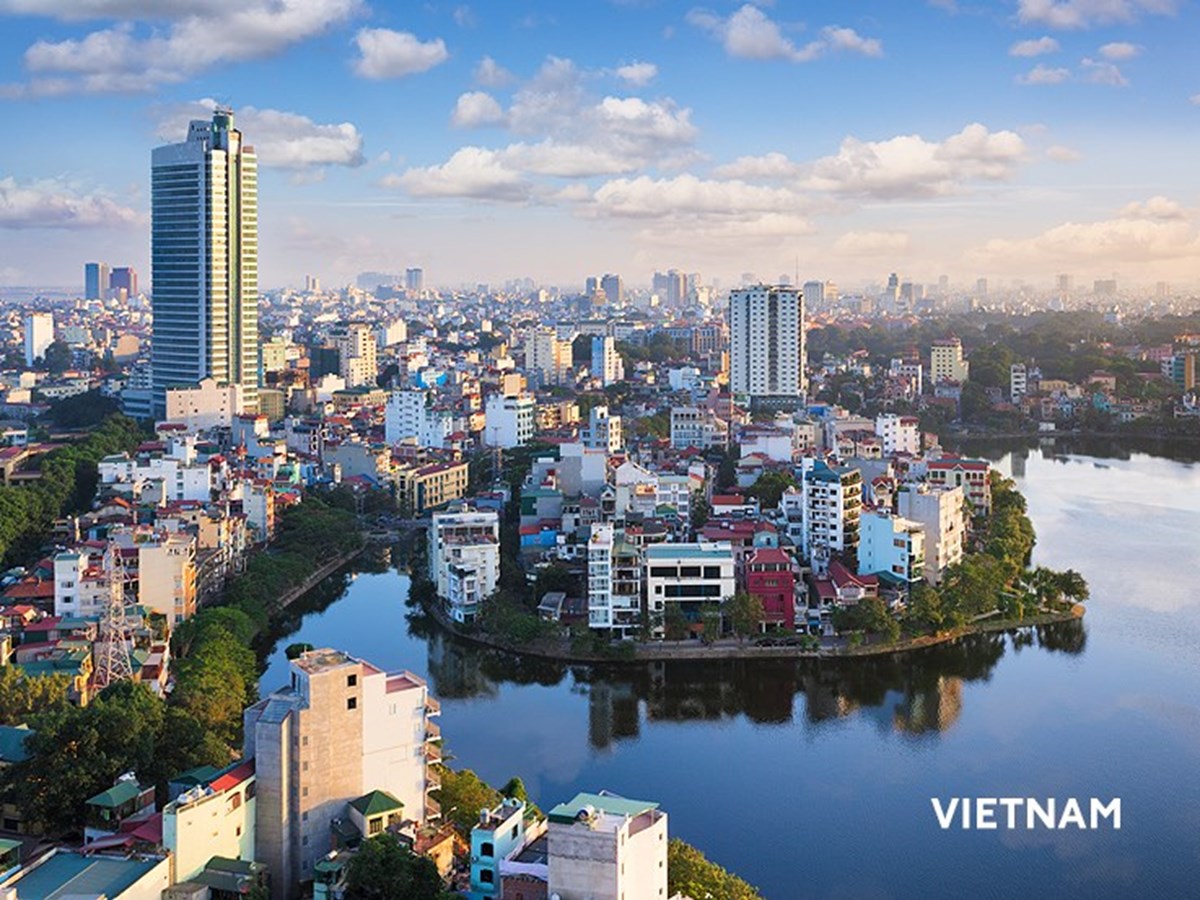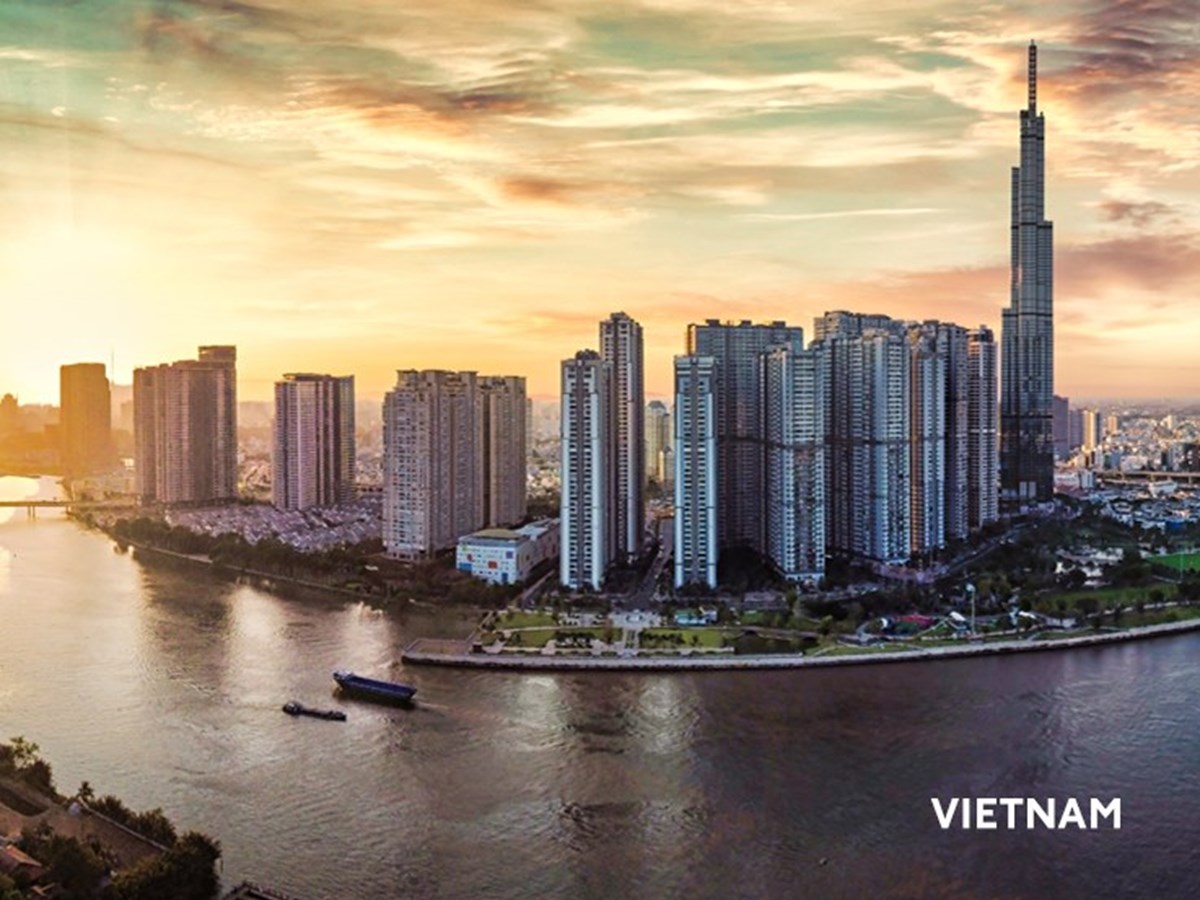
Knowledge Highlights 19 February 2025

On 27 November 2023, the Vietnam National Assembly approved the new Law on Residential Housing No. 27/2023/QH15 (“2023 Law”), replacing the Law on Residential Housing No. 65/2014/QH13 dated 25 November 2014 and its amendments (“2014 Law”). The 2023 Law will take effect from 1 January 2025, as will the new Law on Real Estate Business 2023 and the new Law on Land 2024.
This article highlights some of the key changes in the 2023 Law.
Raising capital for residential projects
The 2023 Law sets out the permitted methods for raising capital in more detail than the 2014 Law. The methods are now broader to capture those undertaken in practice by real estate developers in recent years.
Capital can be raised for residential housing projects by the following means:
The Government is expected to provide further guidance on the conditions applicable to each form of capital mobilisation.
The 2023 Law also specifically provides that capital mobilisation activities for housing development must comply with regulations on anti-money laundering.
Purchase of residential properties by foreigners
The 2023 Law incorporates and clarifies the regulations previously set out in Decree 30/2021/ND-CP relating to projects where foreigners are allowed to purchase residential properties, and provides for the following procedure in this regard:
No specific use term for apartment buildings
The 2023 Law does not fix the specific use term for apartment buildings. It instead instructs that the use term be determined based on (i) the design dossier and (ii) the actual use time calculated from the time the apartment is accepted to be put into use under the provisions of the Construction Law as determined by the competent authority. The 2023 Law also specifies that the apartment building’s use term must be included in the apartment purchase agreement.
Requirement to renovate, reconstruct or demolish old apartment buildings
The 2023 Law incorporates the regulations on construction and renovation of old apartment buildings set out in Decree 69/2021/ND-CP. These regulations provide that the People’s Committee (“Committee”) will require the inspection and assessment of apartment buildings where:
The Committee’s assessment can require the renovation, reconstruction, or demolition of the apartment building.
The Committee can require demolition, regardless of whether the use term has expired, where:
The inclusion of such provisions may serve to expedite existing plans for the renovation of older buildings in Vietnam, especially in large cities like Ho Chi Minh City and Hanoi where there are a number of older buildings which need to be renovated or reconstructed but where the execution of such plans have been delayed.
The 2023 Law also incorporates regulations on incentives for developers undertaking renovation and reconstruction of apartment buildings, including:
Accommodation for workers in industrial parks
The 2023 Law introduces a new requirement to address potential housing shortages for workers and promote a more stable and secure workforce. It imposes additional obligations on industrial park developers (“developers”) to ensure that sufficient and appropriate housing is available for workers within the industrial park itself.
This new obligation will entail the competent authority allocating designated land within the commercial and service area of an industrial park for construction of worker housing areas (including relevant public facilities). The developers must submit their assessment of the housing needs of the industrial park’s workforce to the competent authorities for approval.
Developers are also responsible for building the necessary infrastructure (technical and social) for the workers’ housing area. Upon the completion of this infrastructure, the developers can invest in the construction of workers’ accomodation by themselves or allow others operating in the industrial park to invest.